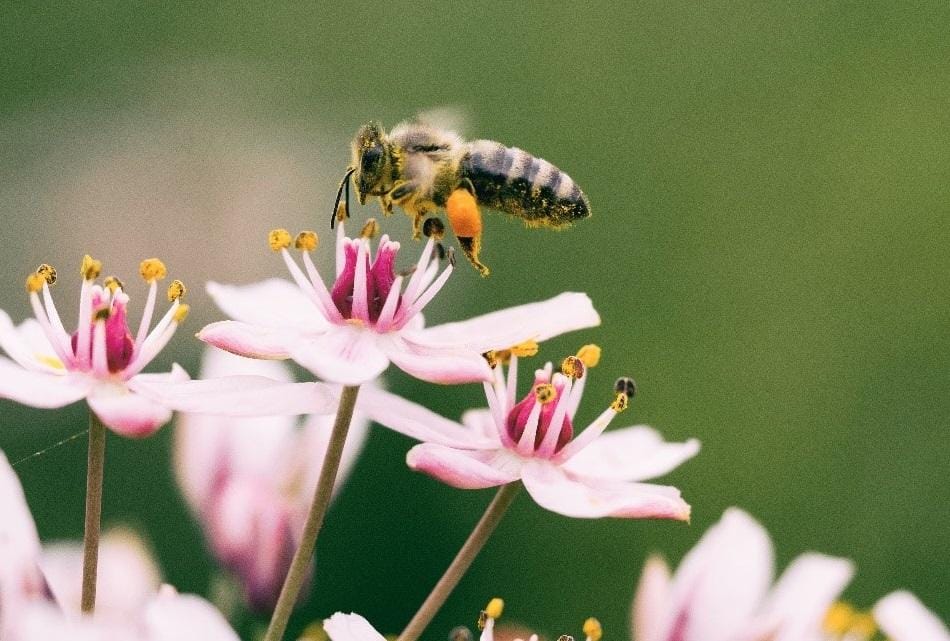Blog

The world of beekeeping
Did you know there are hundreds of bee species across the world? Despite this, every single hive contains hexagonal cells, a queen bee, worker bees and drones.
These little insects are vital for life on our planet, including for our lives. It's thanks to bees that plants grow. They act as pollinators by collecting pollen from different flowers on their legs, antennae and hairs, then they leave some of it behind when they go to another flower. Bees allow the well-known reproductive method used by a huge variety of plants to take place. It's estimated that 71% of the crops providing 90% of the world's food are pollinated by bees. This means that their conservation is such an important issue, as factors such as climate change, drought, environmental pollution and pesticides have put them in grave danger of extinction.
In the Region of Valencia, measures have been put in place to help with the conservation of these small insects. Urban hives have been installed in places where they can find pollen almost all year round thanks to flowering gardens and plenty of water. Plus, this project raises the profile of beekeeping culture by holding the Urban Bee Festival, aimed at the local community, who can come and learn all about these creatures.
In the interior of the Region there is also an increasing awareness of the fact that we need to look after bees. Beekeeping tourism has developed from projects run by entrepreneurs and has turned into an educational experience for all the family. It enables both the curious and nature lovers to come and explore the fascinating world of bees and how they make their delicious honey.
As well as seeing new places, becoming a beekeeper for the day means you can enjoy interactive walking trails as you venture into nature, smelling, listening, touching, observing and tasting. Can you imagine seeing a queen bee close up or cutting honey right next to the bees?
The best place for seeing beekeeping for yourself is the interior of the Region of Valencia. Did you know that there is evidence that we may be the cradle of worldwide beekeeping? In Cueva de la Araña in Bicorp, now listed as a UNESCO World Heritage Site, archaeologists found cave paintings depicting a scene of a man putting his arm inside a hive, one of the very first images of honey being collected in the whole world.
This has to be the best way of learning with the whole family.
